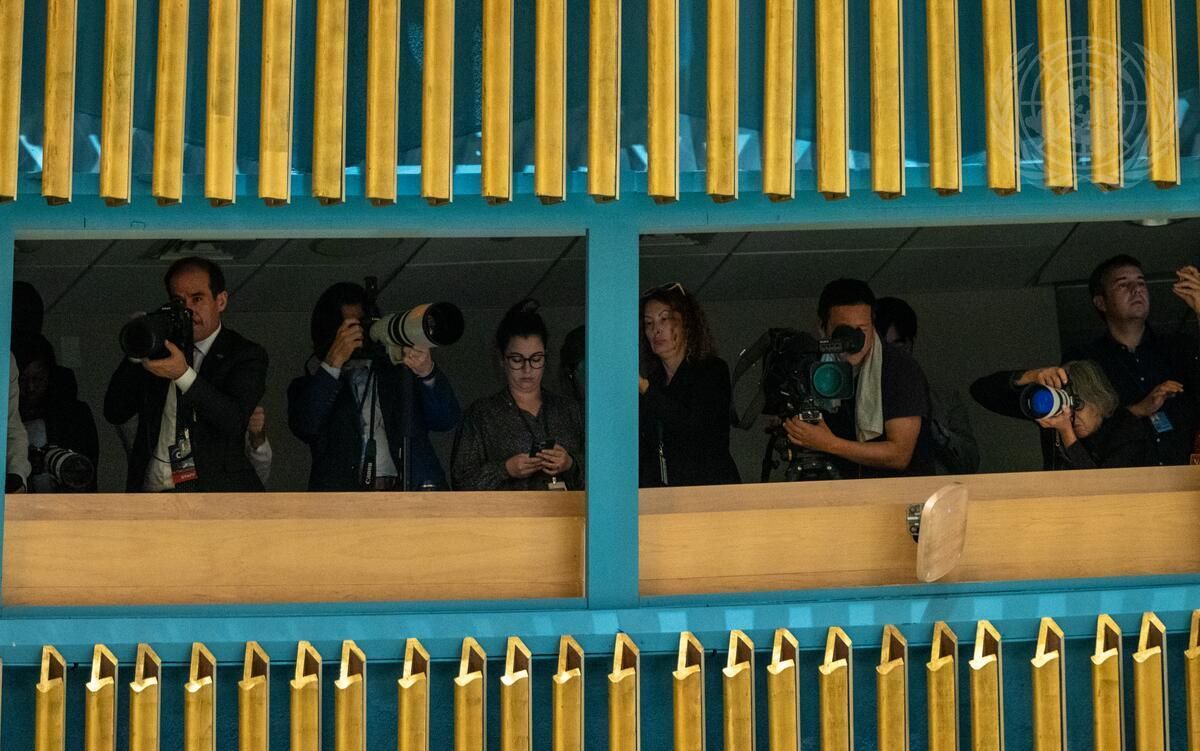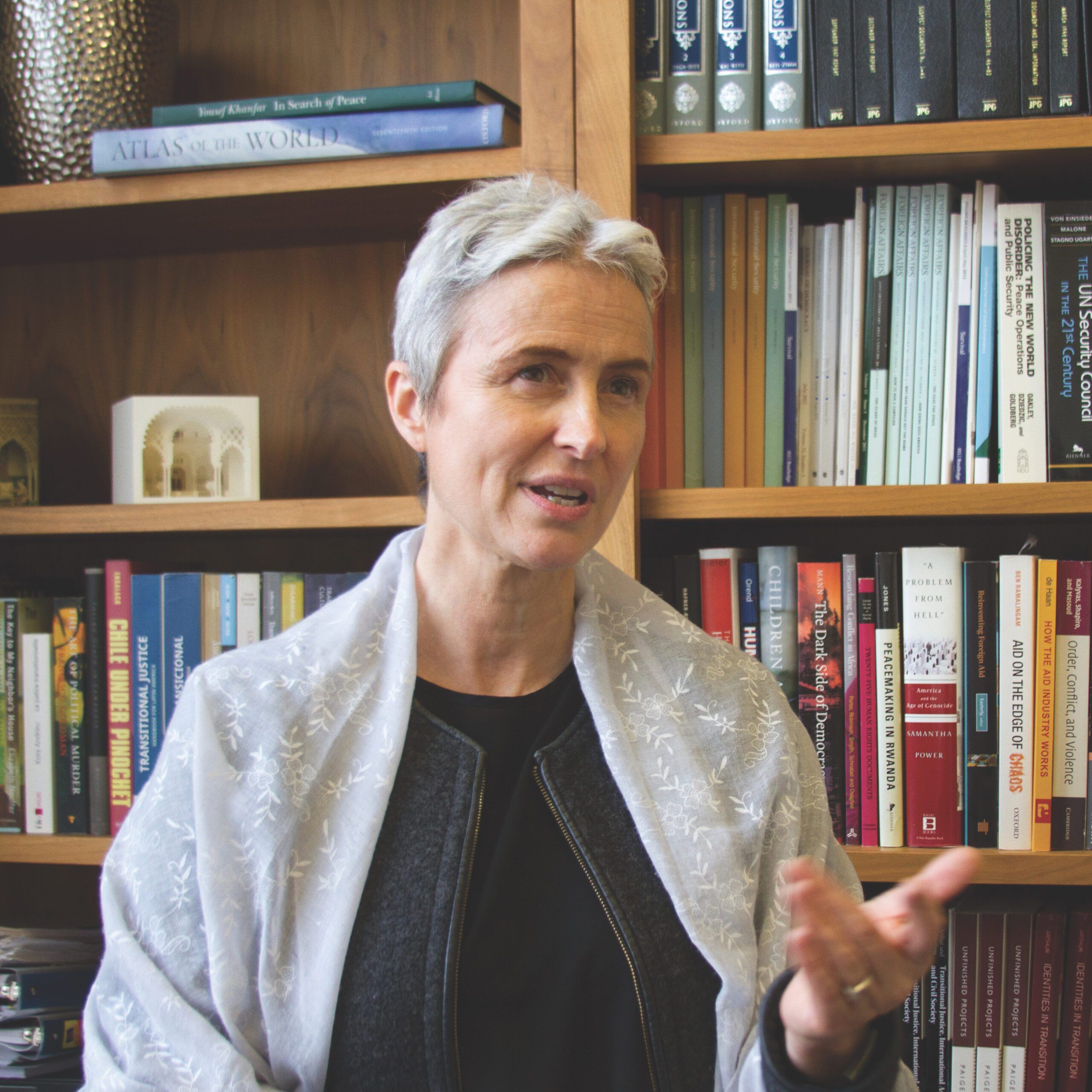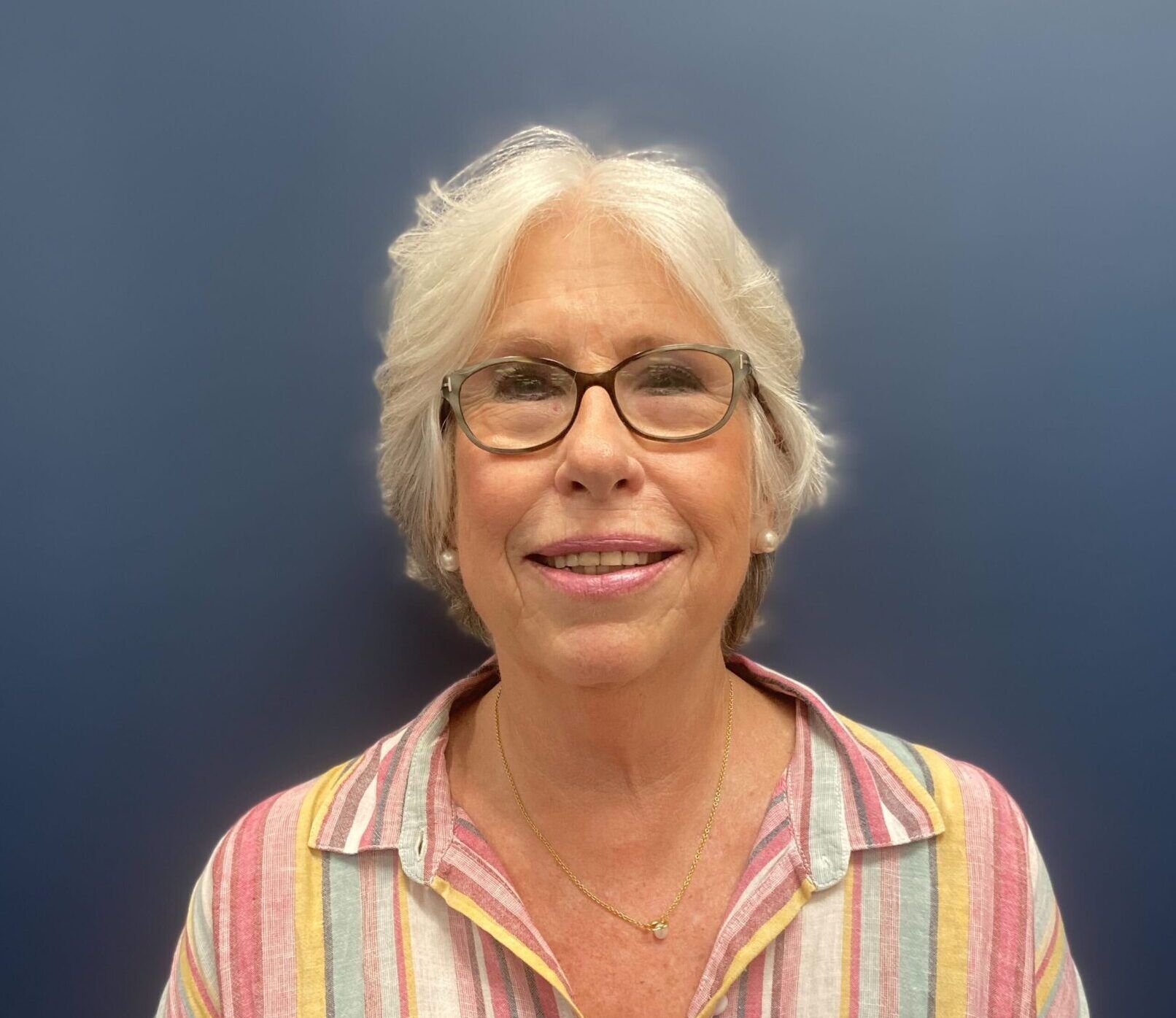
Array
(
[thumbnail] => https://s42831.pcdn.co/wp-content/uploads/2023/09/UN71000868__PF14459_Standard-150x150.jpg.optimal.jpg
[thumbnail-width] => 150
[thumbnail-height] => 150
[medium] => https://s42831.pcdn.co/wp-content/uploads/2023/09/UN71000868__PF14459_Standard-300x188.jpg.optimal.jpg
[medium-width] => 300
[medium-height] => 188
[medium_large] => https://s42831.pcdn.co/wp-content/uploads/2023/09/UN71000868__PF14459_Standard-768x481.jpg.optimal.jpg
[medium_large-width] => 768
[medium_large-height] => 481
[large] => https://s42831.pcdn.co/wp-content/uploads/2023/09/UN71000868__PF14459_Standard-1024x641.jpg.optimal.jpg
[large-width] => 1024
[large-height] => 641
[1536x1536] => https://s42831.pcdn.co/wp-content/uploads/2023/09/UN71000868__PF14459_Standard.jpg.optimal.jpg
[1536x1536-width] => 1200
[1536x1536-height] => 751
[2048x2048] => https://s42831.pcdn.co/wp-content/uploads/2023/09/UN71000868__PF14459_Standard.jpg.optimal.jpg
[2048x2048-width] => 1200
[2048x2048-height] => 751
[gform-image-choice-sm] => https://s42831.pcdn.co/wp-content/uploads/2023/09/UN71000868__PF14459_Standard.jpg.optimal.jpg
[gform-image-choice-sm-width] => 300
[gform-image-choice-sm-height] => 188
[gform-image-choice-md] => https://s42831.pcdn.co/wp-content/uploads/2023/09/UN71000868__PF14459_Standard.jpg.optimal.jpg
[gform-image-choice-md-width] => 400
[gform-image-choice-md-height] => 250
[gform-image-choice-lg] => https://s42831.pcdn.co/wp-content/uploads/2023/09/UN71000868__PF14459_Standard.jpg.optimal.jpg
[gform-image-choice-lg-width] => 600
[gform-image-choice-lg-height] => 376
)
UNGA 2023
Five Key Takeaways: Day 1 of the United Nations General Assembly 2023
Earlier this month, we outlined the state of play at this year’s United Nations (UN) General Assembly. As we dive into the high-level week of speeches, we take a quick look at five key takeaways coming out from the opening session, and whether it sets the stage for an optimistic note.
1. More balance than last year between Ukraine and crises in the rest of the world
While most speakers referred to the invasion and on-going war in Ukraine, this was balanced by attention to crises in the rest of the world.
UN Secretary-General (UNSG) António Guterres grouped the war on Ukraine with other conflicts and crises and the President of the General Assembly gave a very balanced introduction to open up the sessions. President Biden (United States) also spoke strongly in support of Ukraine, but only after discussion of the UN Security Council reform, scaling up financing and reforming World Bank and the World Trade Organization, climate change, and peacekeeping. Furthermore, Chancellor Scholz (Germany) also noted the plight of the Sudanese people, and men and women in eastern Congo before turning to Ukraine.
Even President Zelenskyy (Ukraine) devoted much of his speech to the effect of the Ukraine war on grain prices worldwide, emphasizing the international implications of the conflict. However, double standards remained a feature in the speeches of Global South leaders, with President Petro (Colombia)’s reminder of vaccine injustice during COVID-19 and the call for parallel UN-convened conferences on Ukraine and Palestine being powerful symbols of this discontent.
2. Inequality at the center
We saw a spotlight on inequality, starting with the secretary-general saying, “inequality defines our times” and President Lula (Brazil), who noted that action against inequality would be at the heart of the Brazilian Presidency of the G20 and that “if we have to summarize all the world’s challenges in one word, it would be inequality.”
Perhaps more surprisingly, even Emir Tamim bin Hamad Al Thani (Qatar), said that there is a “growing awareness of the lack of justice in wealth distribution,” while President Berset (Switzerland) devoted a major part of his speech to inequalities between and within countries.
Inequality between groups was also high on the agenda, with President Lula referencing gender and racial inequality–also President Petro (Colombia)–as well as the protection of LGBTQI+ populations and people with disabilities. President Ramaphosa (South Africa) and the secretary-general both noted how few women are still in the room, with the secretary-general exclaiming “we the peoples does not mean we the men,” as well as noting “in some countries, women are punished for wearing too many clothes, in other countries for wearing too few.”
3. “Politics are economic and economics are political”
Setting the tone for the day, the first speaker of the many heads of state and government present, President Lula, led by drawing attention to hunger, climate, and inequality–including a resounding criticism of the lack of financing for developing countries. He described the BRICS group as having been established as an alternative alliance on economic issues, and noted that the recent expansion of the group strengthens the fight for a new global order that suits the economic, geographical, and political diversity of the twenty-first century.
He, like President Petro [and President Sanchez (Spain) during another event] emphasized how more Special Drawing Rights issuance and recycling is needed, alongside official development assistance and debt relief. President Biden devoted considerable attention to US efforts to scale up and reform World Bank financing. (This has been a topic we’ve covered extensively in our previous pieces, including this piece on the urgency of compromise on financing for development earlier this month, and the importance of Special Drawing Rights here and here.)
4. Concern about the rising number of coups d’etat and “forgotten crises”
Many speakers, from Secretary-General Guterres to President Lula and President Ramaphosa discussed actual or attempted coups d’etats, crises, and constitutional breaches in countries ranging from Afghanistan to Burkina Faso, Gabon, Guinea, Mali, Myanmar, and Niger, current tensions in Guatemala and Lebanon–along with the escalating conflict in Palestine.
On-going suffering in Libya, Syria, and Yemen, and their spillover effects, were highlighted in speeches by Jordan, Qatar, and Turkiye, amongst others. President Tinubu (Nigeria) said it most clearly: “military coups are wrong, as is any tilted civilian political arrangement that perpetuates injustice.”
How to assist affected people living under unconstitutional regimes is the focus of recent CIC analysis with Chatham House, here.
5. Geopolitical fragmentation and warning of trouble ahead if countries do not “put statesmanship over gamesmanship”
Our final takeaway looks at how most speakers focused on rising geopolitical and geoeconomic divisions (the Great Fracture referred to by the secretary-general) and the need for cooperation on common interests. This includes President Biden speaking on relations with China and Prime Minister Fumio (Japan) urging for the need to come together and identify human dignity, over differences in regimes and values as the main thread to build on for international cooperation. Chancellor Scholz emphasized that the solution was not less, but more cooperation–to strengthen existing alliances and new partnerships–and not just promote “cooperation only among the like-minded.” Perhaps most dramatically, President Petro pointed to the dystopian world that awaits if leaders do not act to cooperate–warning that if we do not act his people would decamp en masse as his country transformed to a desert, “no longer attracted by the sequins of the wealth, but by something simpler and more vital: water.”
The focus on reviving the Black Sea Grain Initiative (BSGI) by the UNSG and President Erdoğan (Turkiye) shows the worldwide costs in economic fragmentation deriving from geopolitical tensions, and the need for a strong multilateral system to prevent this. The UN’s role in the BSGI and in preventing oil spillage from the FSO Safer vessel near Yemen are positive examples of multilateral action on key geoeconomic risks in a fragmented political context. The overall tone of the speeches today was indeed more positive than last year–failure, deep challenges, and immense urgency, but also some shared views that success is possible.
All opinions and views expressed in this article solely represent the views of the authors and the Center on International Cooperation at New York University. Support was provided through generous contributions from the Dutch Ministry of Foreign Affairs, Norwegian Ministry of Foreign Affairs, and the Swedish Ministry of Foreign Affairs.
Stay Connected
Subscribe to our newsletter and receive regular updates on our latest events, analysis, and resources.
"*" indicates required fields



